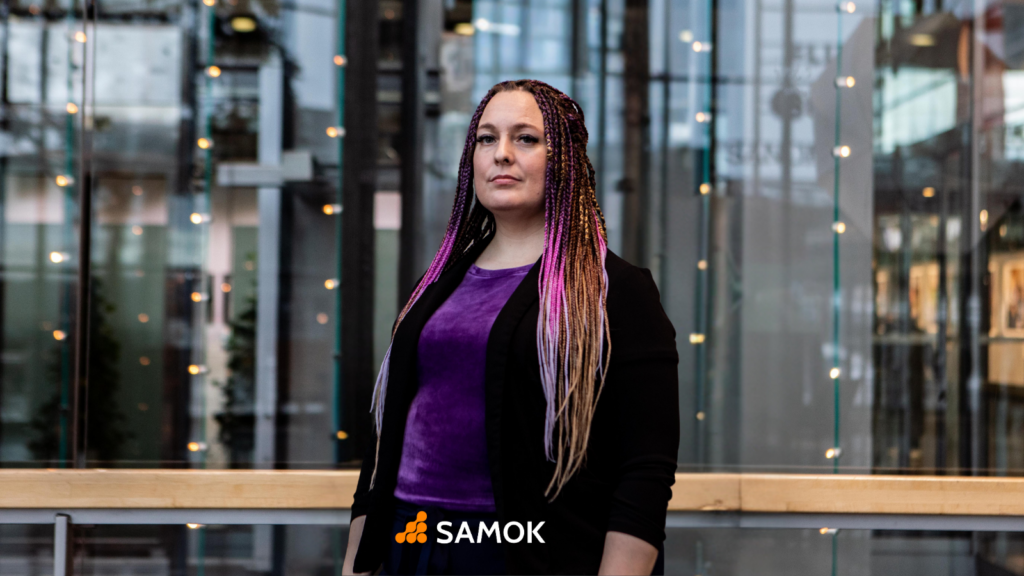“How are you?” An everyday conversation starter that may seem simple – but is a loaded question for more and more students. Mental strain, social anxiety, depression and worry about your own future – you shouldn’t be left alone with these issues.
The Youth Barometer 2024, published in March, shows that young people’s faith in the future has collapsed. The result is not encouraging, especially considering that, according to the University Student Health Survey (KOTT), 29.4% of university students experience significant mental strain. When the uncertainty of livelihood and its loan-heavy foundation are added to the discussion, with the increasing pressure to graduate on time, can we really assume that there is room for well-being in students’ everyday lives?
Normalizing a performance culture as part of studies creates a harmful continuum for future well-being at work. Understanding the bigger picture does not require time travel, as today’s students are already part of working life through numerous internships and working life collaborations. However, solutions exist already – a student financial aid reform would bring stability to students’ everyday lives and thus security and peace of mind.
Without sufficient operational resources, mental health support services and organizations that create community will not keep up with the changes in students’ everyday lives. Many forms of support are already under-resourced, and the preventive work carried out by youth organizations is struggling amid constant uncertainty.
The importance of organizations in supporting students’ well-being is crucial. They not only offer community and peer support, but also provide an important path to social inclusion for many. When the funding of youth organizations is secured and the operational resources are strengthened, permanent change in students’ everyday lives is enabled – and at the same time, a sustainable future is built for society as a whole.
Well-being cannot be outsourced – it is the responsibility of all of us. Now is the time to move from words to action.
Written by: Vice president of SAMOK, Sanja Laitinen-Lindelöf
Blog is part of student well being-network’s Student, how are you? -campaign
#OMTV2025

